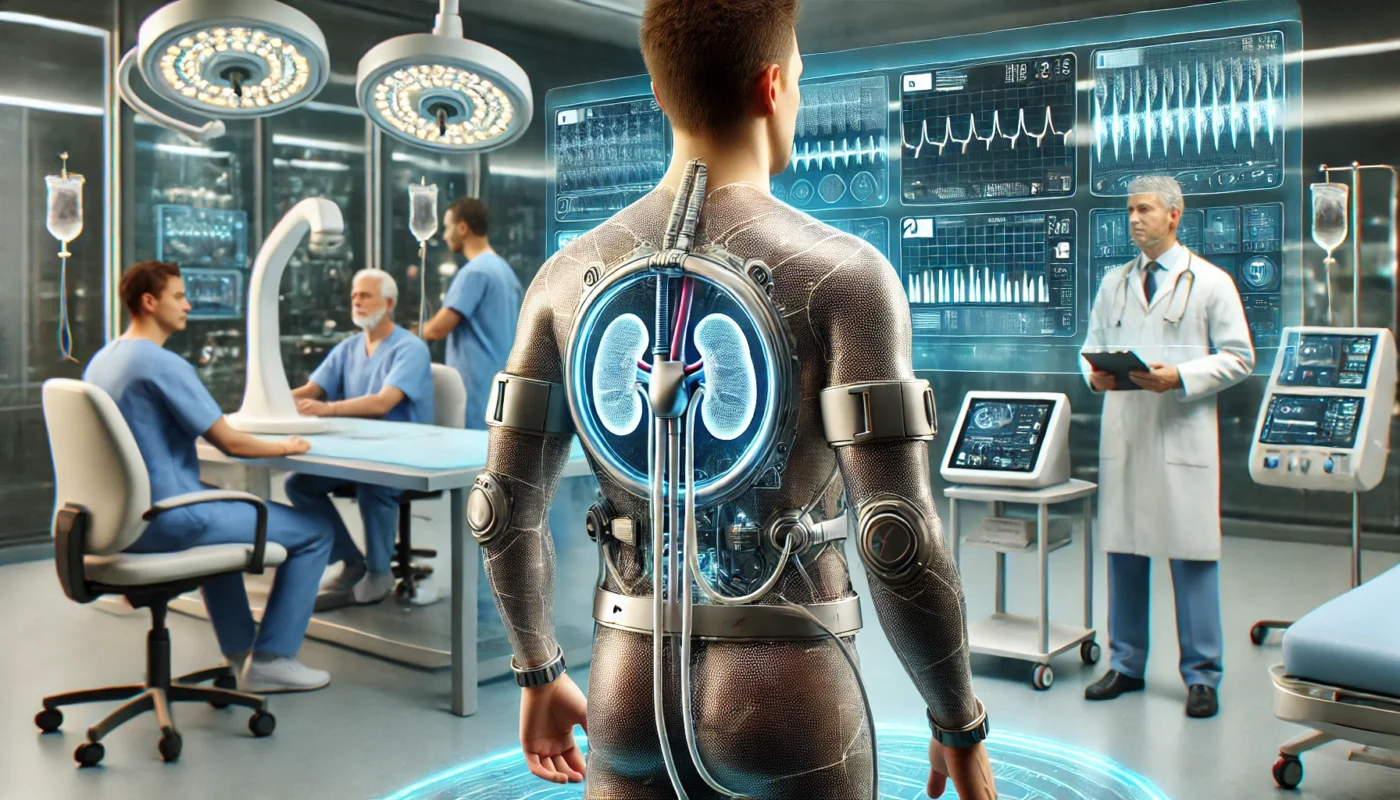Hypertension, or high blood pressure, affects nearly half of adults globally, as reported by the World Health Organization (WHO). It is a leading cause of heart disease, stroke, and kidney failure, and its complications account for a significant proportion of healthcare costs worldwide. For patients with severe or treatment-resistant hypertension, conventional therapies such as medications and lifestyle changes may not suffice. This has spurred interest in advanced bioengineering solutions, particularly artificial organs, as a potential avenue for managing or even reversing the effects of chronic hypertension. This article explores how artificial organs might support patients with severe hypertension, examining the science, current developments, and future possibilities in this innovative field.
- ACCELERATED BODY HEALING: INTERNAL AND EXTERNAL
- ACCELERATED BODY HEALING: INTERNAL AND EXTERNAL

